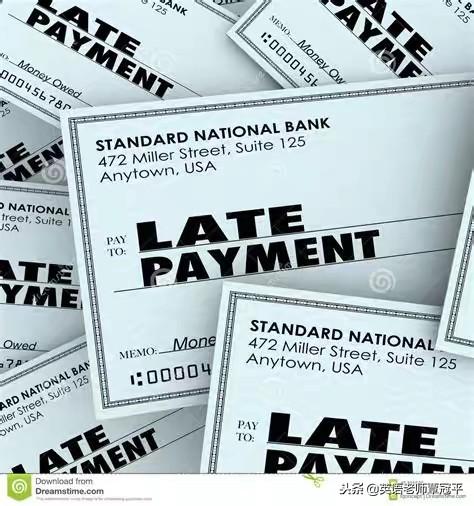Which Loan Should I Pay Off First? A Comprehensive Guide to Managing Your Debt
Guide or Summary:Understanding Your LoansInterest Rates and Loan TermsThe Snowball vs. Avalanche MethodAssessing Your Financial SituationConsider Your Finan……
Guide or Summary:
- Understanding Your Loans
- Interest Rates and Loan Terms
- The Snowball vs. Avalanche Method
- Assessing Your Financial Situation
- Consider Your Financial Goals
- Consulting a Financial Advisor
**Which loan should I pay off first?**
When it comes to managing debt, one of the most common questions individuals face is, **"Which loan should I pay off first?"** This decision can significantly impact your financial health and overall stress levels. In this article, we will explore various strategies to help you determine the best approach to tackle your loans and achieve financial freedom.
Understanding Your Loans
Before deciding which loan to pay off first, it's essential to understand the different types of loans you may have. Common loans include credit card debt, student loans, personal loans, and mortgages. Each type of loan has its own interest rates, terms, and implications for your credit score.

Interest Rates and Loan Terms
One of the primary factors to consider is the interest rate associated with each loan. Generally, loans with higher interest rates should be prioritized for repayment. For instance, credit card debt often carries the highest interest rates, making it more expensive over time. On the other hand, student loans usually have lower interest rates and may offer flexible repayment options.
The Snowball vs. Avalanche Method
Two popular strategies for paying off debt are the snowball method and the avalanche method.
- **Snowball Method**: This approach involves paying off your smallest debts first. The idea is to gain momentum as you eliminate smaller loans, which can provide a psychological boost and motivate you to tackle larger debts.
- **Avalanche Method**: In contrast, the avalanche method focuses on paying off debts with the highest interest rates first. This strategy can save you money in interest payments over time, as it reduces the overall cost of your debt.
Assessing Your Financial Situation
To effectively answer the question, **"Which loan should I pay off first?"**, you need to assess your financial situation. Create a detailed list of all your loans, including their balances, interest rates, and monthly payments. This will give you a clear picture of your debt landscape and help you make informed decisions.

Consider Your Financial Goals
Your personal financial goals should also play a role in your decision-making process. If your goal is to improve your credit score, you might want to focus on paying off loans that have a significant impact on your credit utilization ratio, such as credit cards. Alternatively, if you're aiming for financial freedom, you may prioritize loans that are causing you the most stress.
Consulting a Financial Advisor
If you're still uncertain about which loan to pay off first, consider consulting a financial advisor. They can provide personalized advice based on your unique financial situation and help you develop a tailored debt repayment plan.
In conclusion, determining which loan to pay off first requires careful consideration of various factors, including interest rates, loan terms, and your financial goals. Whether you choose the snowball method or the avalanche method, the key is to remain committed to your repayment plan and stay focused on achieving financial stability. By taking a strategic approach to debt repayment, you can pave the way for a brighter financial future.